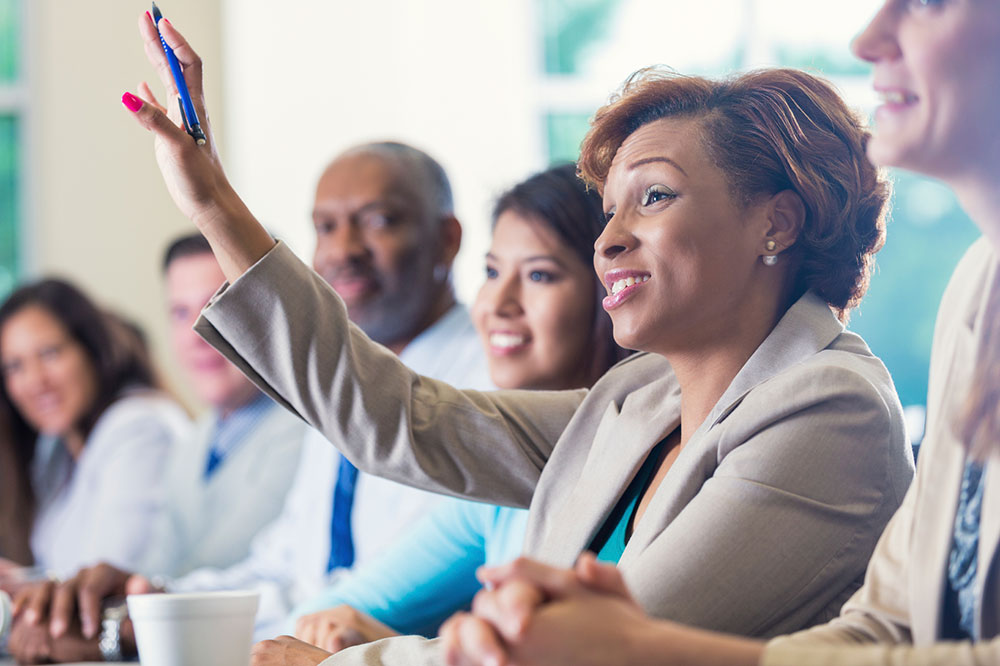As we gear up for another divisive presidential race this year in the U.S., it is important to acknowledge that your child may observe strong emotions in you and others. We need to prepare ourselves for many of these familiar emotions to potentially resurface. Whether positive or negative, high emotions can cause agitation and anxiety. For young children in times of unease, the strength of our calm presence and simple reassurances help to make the world a safe and manageable place. Children form their own opinions from what they perceive from those closest to them, as well as what they hear in the world around them.
Below are a few thoughts on helping children understand current events.
Common Questions about Introducing the News to Your Child
Is it appropriate to expose children to the news?
For children ages five and under, it makes sense to limit news exposure or not permit news viewing at all. School-aged children can handle some exposure to the news but will need us to thoughtfully explain and interpret.
How do we talk to children about the election if we ourselves have strong emotions about it?
When we broach emotional topics with our children, they want to know what we think. Helping children understand that not everyone thinks the same way is an important lesson in itself. Trying an approach like this may be helpful: “You have probably heard people talking about the upcoming election. Some people are very happy or unhappy with certain candidates. What questions do you have?” It is always important to ask children what they think because their thoughts should be heard and because it will help you know if you need to correct any misinformation. Ask children to answer questions such as, “What would you do first if you were President?” When you talk to your child about the different candidates, help them understand the values of each candidate and why people around the country agree with those different values. This helps lay the foundation of empathic thinking and teaches children how adults make thoughtful political decisions. When you explain how the voting process works, you can practice by taking a family vote: which is a better pet, a dog or a cat? Have your child listen to each person’s reason for their vote. Then ask your child to tally the votes and declare a winner.
What Do Children Need from Us?
Children need our wisdom. Our responsibilities as parents are to: Children grow into the kind of people they will become at least in part by how we guide them through their questions, concerns, and fears, and whether we use the teachable moments thrust upon us to guide and teach the children in our lives. Our children need our worldview articulated in language they are developmentally able to understand. They will observe not just what we say, but what we do. The most important thing we can do for our children is to be there, listen, be our most thoughtful selves, and respond to their emotional and educational needs. The family can be a safe haven where children can express their ideas and fears and be assured that their parents will do their best to protect and respect them. You can use the election to teach them about the world that they will inherit.
More on Teaching Kids About Politics
- Here are ways you can introduce and teach your young child about politics, and prepare them to become active participants as adults.
- What are some effective and calming ways to talk to your child about stressful current events? Early childhood expert Rachel Robertson and Claire Goss offer their advice on this episode of Teach. Play. Love.





